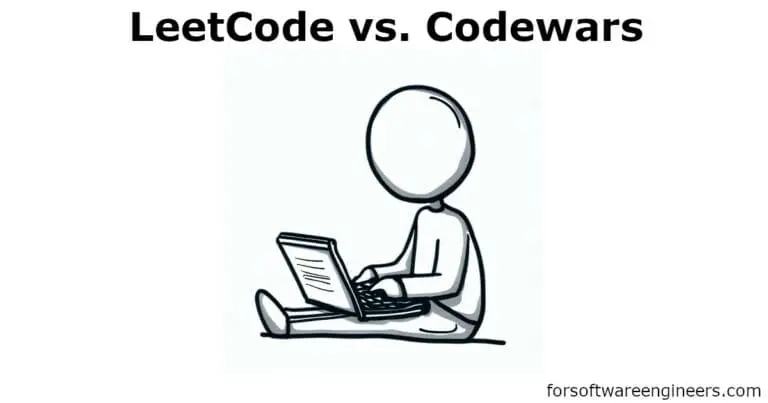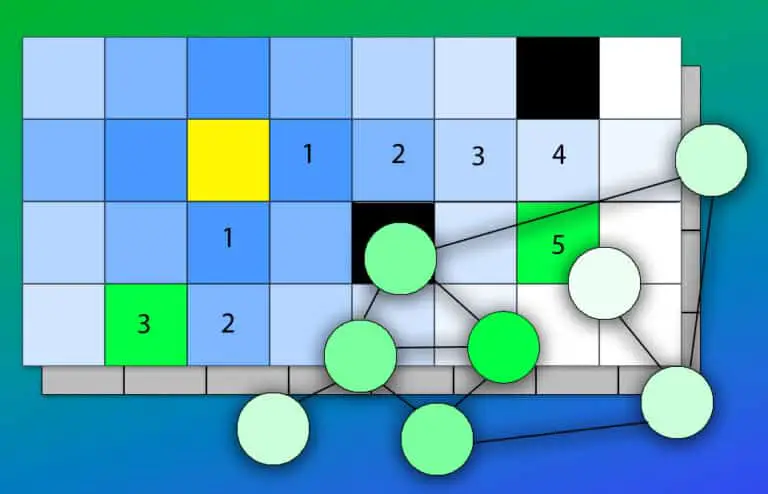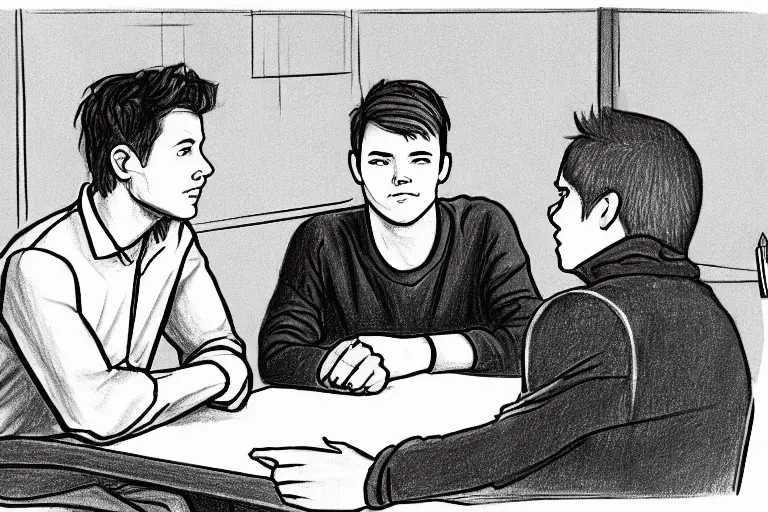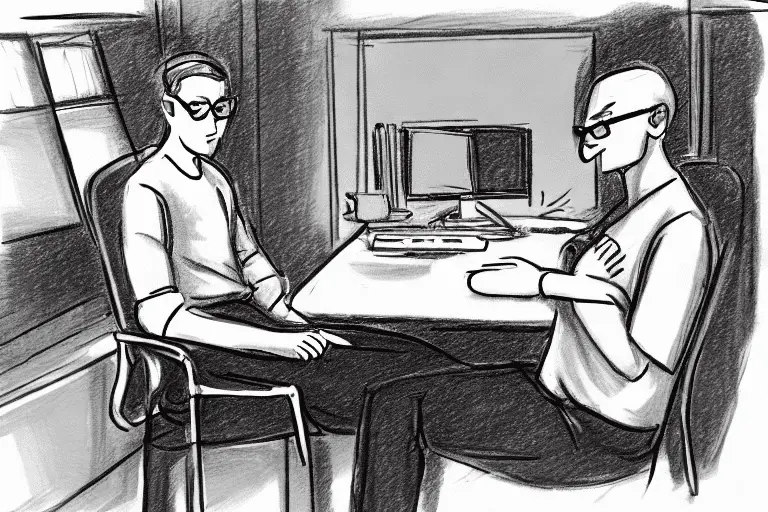The Ultimate Guide To Panel Interview Preparation (Tips To Succeed)
A panel interview is a type of interview in which two or more interviewers evaluate a candidate single candidate at the same time and in the same place. The panel interview is a popular type of interview for interviewing candidates in the tech industry like software engineers and engineering managers among other industries like retail and hospitality.

In this article, we discuss what a panel interview is in detail. We explain what kinds of questions are asked and how a panel interview is different from a group interview. Subsequently, we explain practical steps you should take to prepare and pass a panel interview through actions such as listening carefully to your interviews.
At the end of the article, we discuss whether software engineers do panel interviews and what other types of interviews software engineers should prepare for like coding interviews and behavioral interviews.
What Is A Panel Interview?
A panel interview is a type of job interview format where one job candidate is interviewed and evaluated by multiple (two or more) interviewers, simultaneously. A panel interview is a type of interview that is used to get the highest level of accuracy of a candidate’s evaluated competencies because there are multiple interviewers and perspectives present in deciding whether a candidate passes or fails the interview.
In this format of interview, each of the interviewers evaluates the candidate on similar or distinct skill dimensions. Also, panel interviews test candidates technically (through technical or coding questions) or behaviorally (through behavioral questions).
It is also possible for an interviewer within the panel of interviewers to not do any evaluation of a candidate if they’re shadowing other interviewers. This means that their evaluation doesn’t count toward a candidate’s hire or no-hire rating, since the interviewer is training to become an interviewer.
The image below shows a sample panel interview where there are 5 interviewers interviewing and evaluating a job candidate on a variety of skills.

How Is A Panel Interview Different From A Group Interview?
A panel interview is different from a group interview because of its composition of interviewees and interviews. A panel interview has multiple interviewers interviewing a single interviewee, and a group interview has multiple interviewees getting interviewed by a small number of interviewers (usually one).
The hiring intention between both interview formats is also different. Panel interviews are used to evaluate and hire individual candidates with high levels of confidence because more interviewers are intently involved in evaluating a single candidate. Alternatively, group interviews are used to evaluate and hire multiple candidates at the same time, with moderate confidence. Also, the preparation to pass group interviews is different from preparing for panel interviews.
How Do You Pass A Panel Interview?
You pass a panel interview by exemplifying to your prospective employer that you’re a great candidate for the roles they’re hiring for based on the skills and experience they’re looking for. Employers expect their interviewees to express analytical, teamwork, leadership, and interpersonal communication skills, within their panel to get hired for the job. If it’s a panel interview for a technical role like a software engineer, then employers will expect you to express your technical skills as well.
In the sections below, we discuss practical steps you can follow as an interviewee to improve your chances of passing a panel interview and getting hired. For each of the steps, we’ll define what it means and why it’s helpful to demonstrate to your employer that they should hire you.
1. Listen To The Interviewer, Carefully
Listening in a panel interview carefully means focusing intently on what your interviewers are saying, and understanding what they say instead of assuming what they say.
Listening carefully to your interviewers will allow them to understand that you’re a good listener who can understand and fulfill tasks correctly. It allows them to get the best hiring signals they can from your answers as well if you’re able to understand what they’re saying before thinking and speaking.
2. Communicate Clearly and Confidently
Communicating clearly and confidently in a panel interview means articulating and vocalizing your thoughts in a straightforward way, without hesitation. Clearly communicating in a confident way allows you to express to your panel interviewers that you understand the subject being discussed and can convey information effectively. This is a form of expressing soft skills or interpersonal skills.
3. Maintain Respect
Maintaining respect in a panel interview means treating all the interviewers with courtesy and respect. Examples of this include not talking over, not interrupting an interviewer, and not being aggressive toward what anyone says.
Maintaining respect during a panel interview allows you to demonstrate that you’re a team player who can work well with others.
4. Show Appropriate Body Language
Showing appropriate body language in a panel interview means presenting yourself with open and positive body gestures such as maintaining eye contact, having your body face the interviewer who is talking, and expressing your body in a way that shows you’re being present in the interview.
Appropriate body language communicates traits such as enthusiasm, attentiveness, and professionalism to your interviewer, which are key signals they look for when hiring candidates.
5. Connect With Each Interviewer
Connecting with each interviewer in a panel interview means making sure that each interviewer is satisfied with the answers that you are giving and the way you’re presenting yourself. Remember, a panel interview has multiple interviewers who are evaluating you at the same time, so you’ll want to have all of them vouch for you in terms of the skills and behaviors you express during the panel interview.
The better you can connect with each interviewer within a panel interview in a positive way, the more likely you are to pass the panel interview.
6. Prepare An Appropriate Outfit
Preparing an appropriate outfit in a panel interview means wearing clothes that fit the company’s culture and the role you’re applying for. Dressing appropriately signals to the interviewers that you’re serious about the position and understand the company’s values and standards. It also helps set a good first impression that amplifies the expression of your other positive skills and traits that you show during an interview.
Do Software Engineers Do Panel Interviews?
Yes. Software engineers commonly do panel interviews within their software engineering interview process. Panel interviews are given to software engineers during their coding and behavioral interviews.
What Types Of Interviews Do Software Engineers Do?
Software engineers will do interviews such as coding interviews, behavioral interviews, phone interviews, and exit interviews, depending on their stage in the hiring process. The most common types of interviews for a software engineer are behavioral interviews and coding interviews.
What Is The Most Important Interview For Early Career Software Engineers?
The most important interview for a software engineer to get hired is the coding interview for early career (intern and new graduate) software engineers. Because early career software engineers are expected to code on the job, they’re heavily evaluated on their coding skills through an interview about coding.
It’s essential for a software engineering candidate to learn how to pass a coding interview, to pass the overall software engineering interview process at any tech company.
How Do You Prepare For Coding Interviews?
To get better at solving coding interview problems for interviews about coding, you should practice solving as many coding interview problems as you can in the way that’s evaluated during a real interview. Without practice, the problems are not easy to solve, and you’re likely not going to give the interviewer enough positive signals to get hired.







